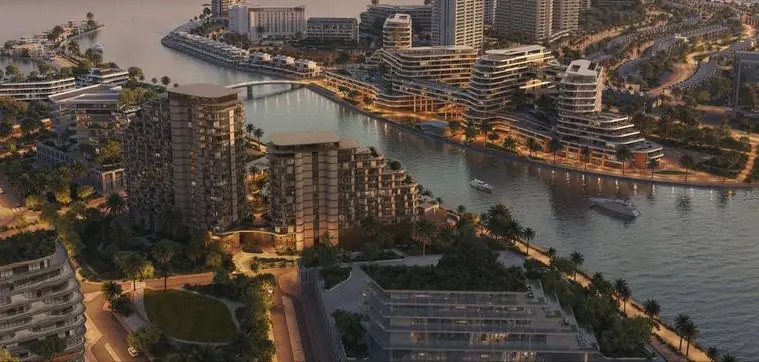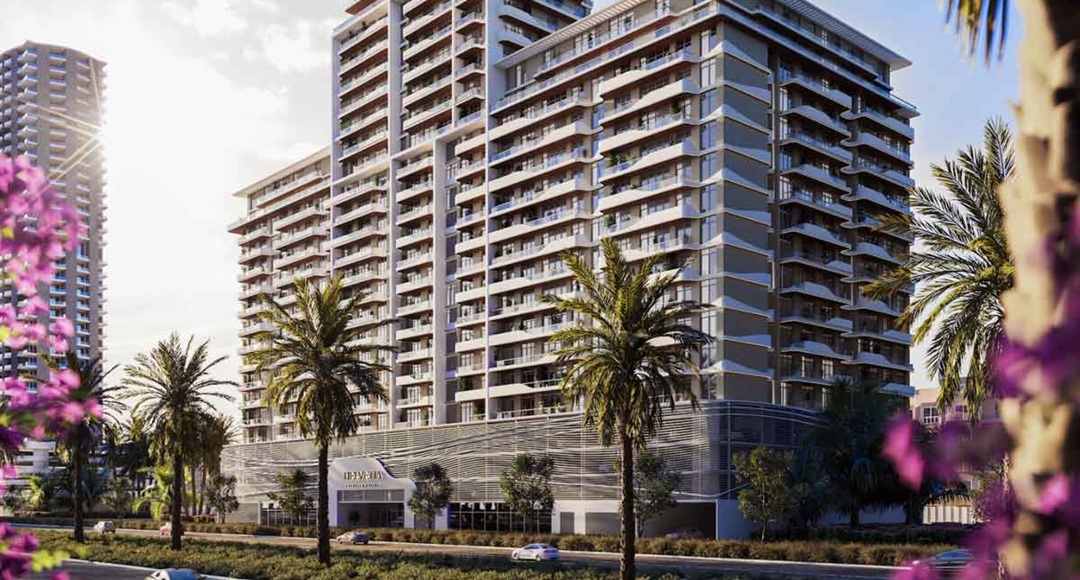Navigating the Legal Procedures to Buy Property in Dubai: A Step-by-Step Guide
Monday, 5 August 2024
Would you like to buy real estate in Dubai as an international buyer? Dubai provides a friendly environment for property purchasers, regardless of their nationality—they may be from India, the UK, or any other nation. Laws in the UAE allow foreigners to own real estate, and you can make your dream house a reality by taking a few simple steps.
Table of Contents
- Essential Steps to Follow for Buying Property in Dubai
- Understanding Law No. 7 of 2006: Property Ownership Regulations in Dubai
- Admin Costs and Key Considerations for Buying Property in Dubai
- Additional Considerations for Buying Property in Dubai
- Frequently asked questions
Essential Steps to Follow for Buying Property in Dubai
The procedure is the same whether you want to buy a house or make a profitable real estate investment in Dubai. To assist you in buying real estate in Dubai, adhere to these thorough steps
1: Prepare the Buyer/Seller Contract

After you’ve found the ideal property, begin by working out the conditions with the seller. You have two options for payment: cash or a mortgage. While hiring a real estate agent or attorney is not required at this time, it is crucial to establish a precise and unambiguous contract. Make sure all the information about terms, prices, and payment options is included in the contract to avoid any confusion later on.
2: Sign the Real Estate Sale Agreement

Get the Memorandum of Understanding (MOU), also referred to as Form F, the selling contract, from the Dubai Land Department (DLD) website. The contract allows you to add additional clauses as well. The agreement should be signed in front of a witness by you and the seller, preferably at the Registration Trustee’s office. Give the Registration Trustee a 10% security deposit; this money will be returned after the transaction is finished.
Step 3: Apply for a No Objection Certificate (NOC)

To complete the ownership transfer, get a No Objection Certificate (NOC) by getting in touch with the developer. If the property has no unpaid service bills or charges, a NOC will be given.
Step 4: Transfer Ownership at the Registrar’s Office
Get the required paperwork ready, then send a designated representative or yourself visit the registrar’s office. Finalize the transfer by:
- Submitting the required documents
- Providing a payable cheque for the property price
- Presenting the original identification documents of both buyer and seller (Emirates ID and passport)
- Providing the original NOC
- Submitting the signed Form F contract
- Paying the fees and obtaining a payment receipt
- Receiving the transfer confirmation via email
The transfer can be completed the same day if all paperwork is turned in early. You will be given a new title deed bearing your name as the property owner upon approval.
Understanding Law No. 7 of 2006: Property Ownership Regulations in Dubai

Law No. 7 of 2006 serves as the primary regulation governing property ownership in Dubai. According to this law:
- UAE and GCC Residents: These individuals are entitled to purchase property anywhere in Dubai.
- Foreigners: They can acquire property only in areas designated as freehold or leasehold.
Freehold vs. Leasehold Ownership:
- Freehold Ownership: Provides full, unrestricted ownership of the property.
- Leasehold Ownership: Allows ownership for a fixed period, typically up to 99 years, after which the property reverts to the original owner.
Understanding these distinctions is crucial for anyone looking to invest in Dubai’s real estate market.
Admin Costs and Key Considerations for Buying Property in Dubai

When purchasing a property in Dubai, it’s essential to factor in administrative costs. Here’s a breakdown of the fees:
- Title Deed Issuance: AED 580
- Dubai Land Department (DLD) Admin Fees: AED 4,200
- DLD Transfer Fee: 4% of the property’s value
Trustee Office in Dubai
Trustee Offices, authorized by the Dubai Land Department (DLD), serve as intermediaries between the DLD and clients. They provide essential services, including:
- Overseeing property registration
- Managing mortgage transactions
- Facilitating property transfers
These offices ensure compliance with DLD regulations, verify property documents, and collect the necessary transfer fees. They play a crucial role in ensuring a smooth and legally compliant property transaction process, benefiting both local and international investors.
Additional Considerations for Buying Property in Dubai
- Work with Registered Agents: It’s advisable to use real estate agents registered with RERA (Real Estate Regulatory Agency).
- Document Translation: Foreign language documents must be attested and accompanied by certified Arabic translations.
- Transaction Registration: Ensure that transactions are registered within 60 days from the contract signing date by both parties.
- Popular Freehold Areas: Foreigners can purchase property in prominent freehold districts such as Arabian Ranches, Palm Jumeirah, Dubai Marina, and Downtown Dubai.
Ensure all documents are submitted and fees paid to complete the transfer, which is processed on the same day if submitted early. A new title deed will be issued in your name once the process is approved.
Frequently Asked Questions (FAQs)
What are the initial steps to buy property in Dubai?
To start the property buying process in Dubai, first identify the property you wish to purchase. Then, negotiate terms with the seller and draft a clear contract outlining pricing, payment methods, and other relevant terms. Following this, sign the Real Estate Sale Agreement (Form F) and pay a 10% security deposit. Obtain a No Objection Certificate (NOC) from the developer, and finally, complete the ownership transfer at the Registrar’s office.
How do I draft a Buyer/Seller Contract for property in Dubai?
The Buyer/Seller Contract should detail all terms of the sale, including the property’s price, payment methods, and any additional conditions. Although you are not required to involve a real estate agent or lawyer at this stage, it’s crucial to ensure that the contract is precise and comprehensive to avoid future disputes.
Where can I download the Real Estate Sale Agreement (Form F)?
The Real Estate Sale Agreement, also known as Form F or Memorandum of Understanding (MOU), can be downloaded from the official Dubai Land Department (DLD) website. This form needs to be completed and signed by both the buyer and seller, preferably in the presence of a witness at the Registration Trustee’s office.
What is the role of the No Objection Certificate (NOC) in the property buying process?
The No Objection Certificate (NOC) is issued by the property developer to confirm that there are no outstanding service charges or financial liabilities on the property. It is a crucial document required to proceed with the ownership transfer and ensures that the property is clear of any encumbrances.
What documents are required for transferring property ownership at the Registrar’s office?
To transfer property ownership, you need to provide the following documents:
- The signed Real Estate Sale Agreement (Form F): The official contract for the sale.
- A payable cheque for the property’s price: The payment for the property.
- Original identification documents of both buyer and seller (Emirates ID and passport): Proof of identity.
- The original No Objection Certificate (NOC): Certification from relevant authorities.
- Any additional required documents as specified by the Registrar’s office: Further documentation as needed.





